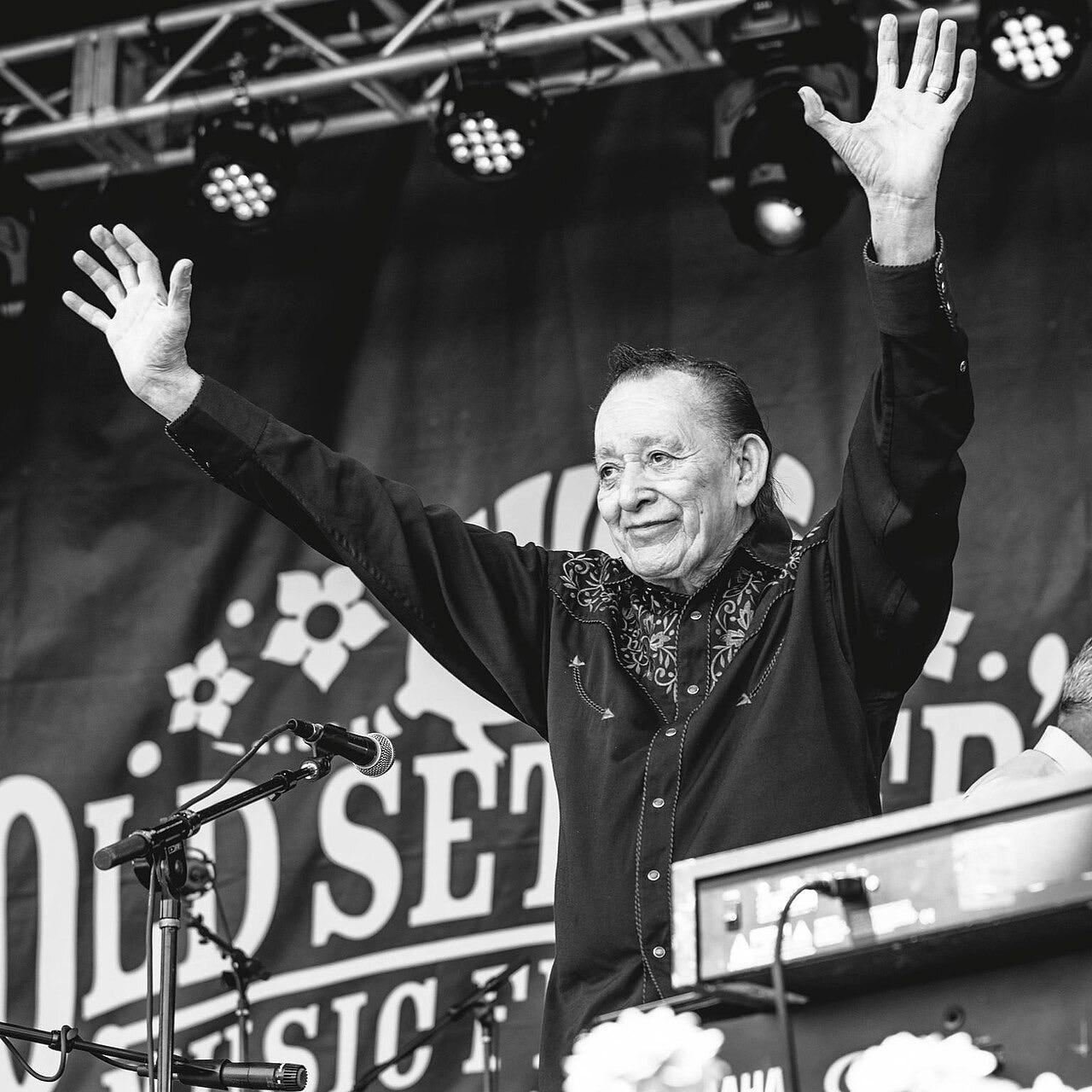Flaco Jiménez’s accordion was more than music — it was a bridge between two nations. From San Antonio cantinas to Willie Nelson’s picnic stage, from Linda Ronstadt’s harmonies to afternoons in Nuevo Laredo, he embodied a border that once felt open and alive. His death at 86 marks the end of a Texas‑Mexico era when music, culture, and people moved freely between two worlds.
By Nick Valencia | August 2, 2025
SAN ANTONIO, TEXAS— The sound of Flaco Jiménez’s accordion could travel farther than the Rio Grande. Its bright, waltzing notes danced over fences and customs booths, through the dry heat of South Texas afternoons, into the mercados of northern Mexico. For decades, Jiménez wasn’t just the king of conjunto music — he was its ambassador, carrying a bi‑national heritage on his back and in his bellows.
Born in San Antonio in 1939, Jiménez was heir to a tradition. His father, Santiago Jiménez Sr., was himself a pioneering accordionist, and by the age of seven, Flaco was already performing in cantinas and dance halls. He mastered the polka‑inflected rhythms of conjunto, then bent them into something larger. The accordion was his passport, and it could carry him anywhere.
By the 1970s and ’80s, that passport took him far beyond South Texas. He played with Ry Cooder and The Rolling Stones, joined Dwight Yoakam onstage, and became a fixture at Willie Nelson’s legendary 4th of July picnics. He and Linda Ronstadt turned the bilingual harmonies of the border into Grammy‑winning collaborations. Jiménez didn’t just cross musical genres — he dissolved them.
But his genius was inseparable from his geography. He came of age in a borderland that no longer exists — a pre‑9/11 world when passports were glanced at, not scrutinized; when a morning in Laredo could turn into an afternoon in Nuevo Laredo without fanfare. Crossing wasn’t an act of defiance or bureaucracy. It was an act of living. People came and went for groceries, to see family, to catch a band. Cultures overlapped not by design but by nature.
It was in that climate of ease that musicians like Jiménez thrived. The cross‑cultural current ran strong and unimpeded, carrying conjunto north into Texas dance halls and country music south into Mexican plazas. Jiménez embodied that current, a living bridge between two musical traditions, two languages, two nations.
He was more than a musician; he was an activist, quietly lending his name and time to the cause of undocumented workers who harvested Texas’s crops, built its roads, and kept its restaurants humming. He knew the border didn’t just divide nations — it divided lives. His music carried that truth even when his lyrics didn’t name it outright.
Flaco Jiménez died this week at 86. For those who grew up along the border, his passing is a reminder of an era when it was still possible to belong fully to both sides — when the Rio Grande was less a barricade than a bridge, and its music could flow in both directions without asking permission.












